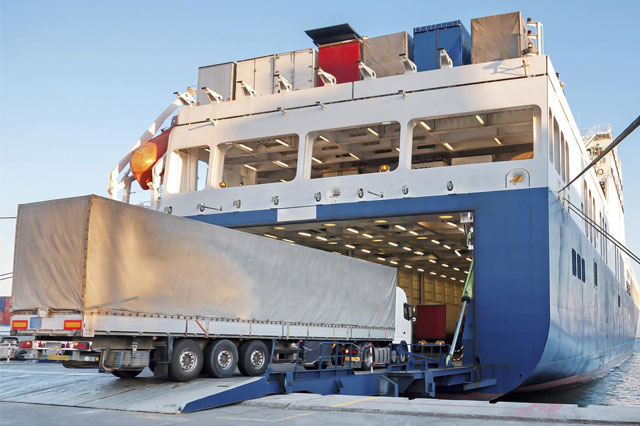Post-Brexit and post-pandemic, UK companies are in surprisingly good shape and keen to grow exports revenues, despite growing fears for non-payment and insolvency risk. According to the Allianz Trade Global Survey 2023, UK exporters remain cautiously optimistic about export revenues, with 83% expecting growth in export turnover in 2023, the highest of all the seven countries covered by the survey, and well above the global average of 71%.
Reflecting the less favourable environment for global trade in 2023, however, most UK companies (57%) expect a moderate increase in export turnover of between 2% and 5% after two years of double-digit growth. Allianz Trade expects global trade to grow slowly in volume terms (+0.7% vs. +3.8% in 2022) and to decline in USD terms (-0.1% vs. +9.7% in 2022).
“UK exporters have proven themselves to be surprisingly resilient in maintaining order books, despite the headwinds from high inflation, energy and transportation costs and the shortage of skilled labour. We’ve seen supplier delivery times shorten amid an upturn in raw material availability and this has managed to bring down some of the cost pressures. Many have shown they’re able to refinance and manage their working capital position very well, and remain competitive when it comes to exporting into overseas markets, in mainland Europe and further afield,” says Shannon Murphy, Assistant Head of Risk Underwriting at Allianz Trade UK & Ireland.
Opening new export markets for UK export businesses
The Allianz Trade Global Survey 2023 reveals that UK companies are more likely to expand in existing export markets, although many are willing to explore new territories. Just over half (51%) of corporates plan to gain further market share in existing markets, while 49% want to diversify and target new countries.
Post-Brexit, the UK government has been actively looking to open new markets for UK exporters and to remove barriers to trade. In fact, the survey found that negotiating new trade agreements is the public policy measure most urgently needed by UK exporters. This is understandable given Brexit and the 2.5 times global increase in protectionist measures since the pandemic.
Since leaving the EU, the UK has signed trade agreements with Australia, New Zealand and Singapore, with others in the pipeline. The UK is also expected to formally join the Comprehensive and Progressive Agreement for Trans-Pacific Partnership (CPTPP), a free trade agreement between 11 countries in the Asia-Pacific region, later this year. The agreement, which would give UK exporters almost duty-free access to around 500m consumers, could generate approximately USD562.1m in annual export gains for UK exporters.
“Despite the challenges, there are plenty of good opportunities out there in export markets, especially for those companies selling more bespoke or added value products. UK exporters have a reputation for quality and tend to offer a premium product, and once they have a foothold and have proven their quality and reliability, they can sustain strong export order books based on repeat business,” says Shannon.




